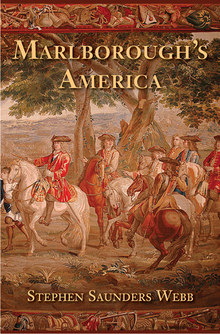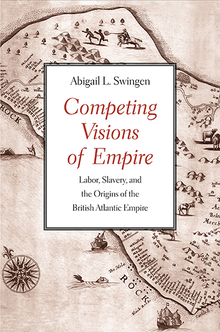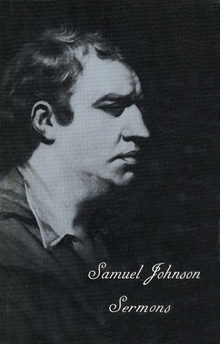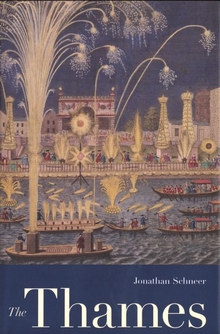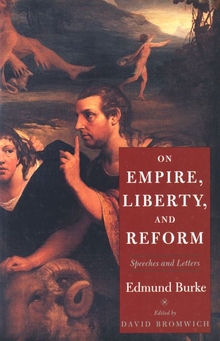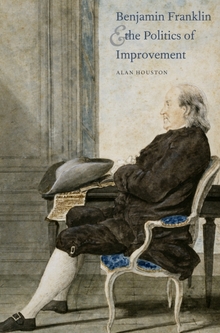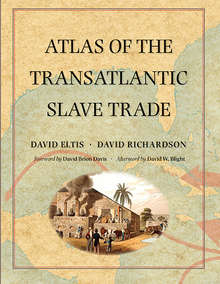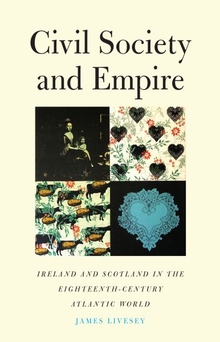Marlborough's America
WARNING
You are viewing an older version of the Yalebooks website. Please visit out new website with more updated information and a better user experience: https://www.yalebooks.com
Stephen Saunders Webb
Scholars of British America generally conclude that the early eighteenth-century Anglo-American empire was commercial in economics, liberal in politics, and parochial in policy, somnambulant in an era of “salutary neglect,” but Stephen Saunders Webb here demonstrates that the American provinces, under the spur of war, became capitalist, coercive, and aggressive, owing to the vigorous leadership of career army officers, trained and nominated to American government by the captain general of the allied armies, the first duke of Marlborough, and that his influence, and that of his legates, prevailed through the entire century in America.
Webb’s work follows the duke, whom an eloquent enemy described as “the greatest statesman and the greatest general that this country or any other country has produced,” his staff and soldiers, through the ten campaigns, which, by defanging France, made the union with Scotland possible and made “Great Britain” preeminent in the Atlantic world. Then Webb demonstrates that the duke’s legates transformed American colonies into provinces of empire. Marlborough’s America, fifty years in the making, is the fourth volume of The Governors-General.
Stephen Saunders Webb is the Maxwell Professor of History and Social Science, and Professor of History, Emeritus, in the Maxwell School of Syracuse University. He is the author of The Governors-General, 1676, and Lord Churchill's Coup.
"Webb makes a valuable contribution by placing the political history of the American colonies in an Atlantic context."—T. H. Breen, Times Literary Supplement,
Publication Date: January 8, 2013
11 color + 25 b/w illus.

